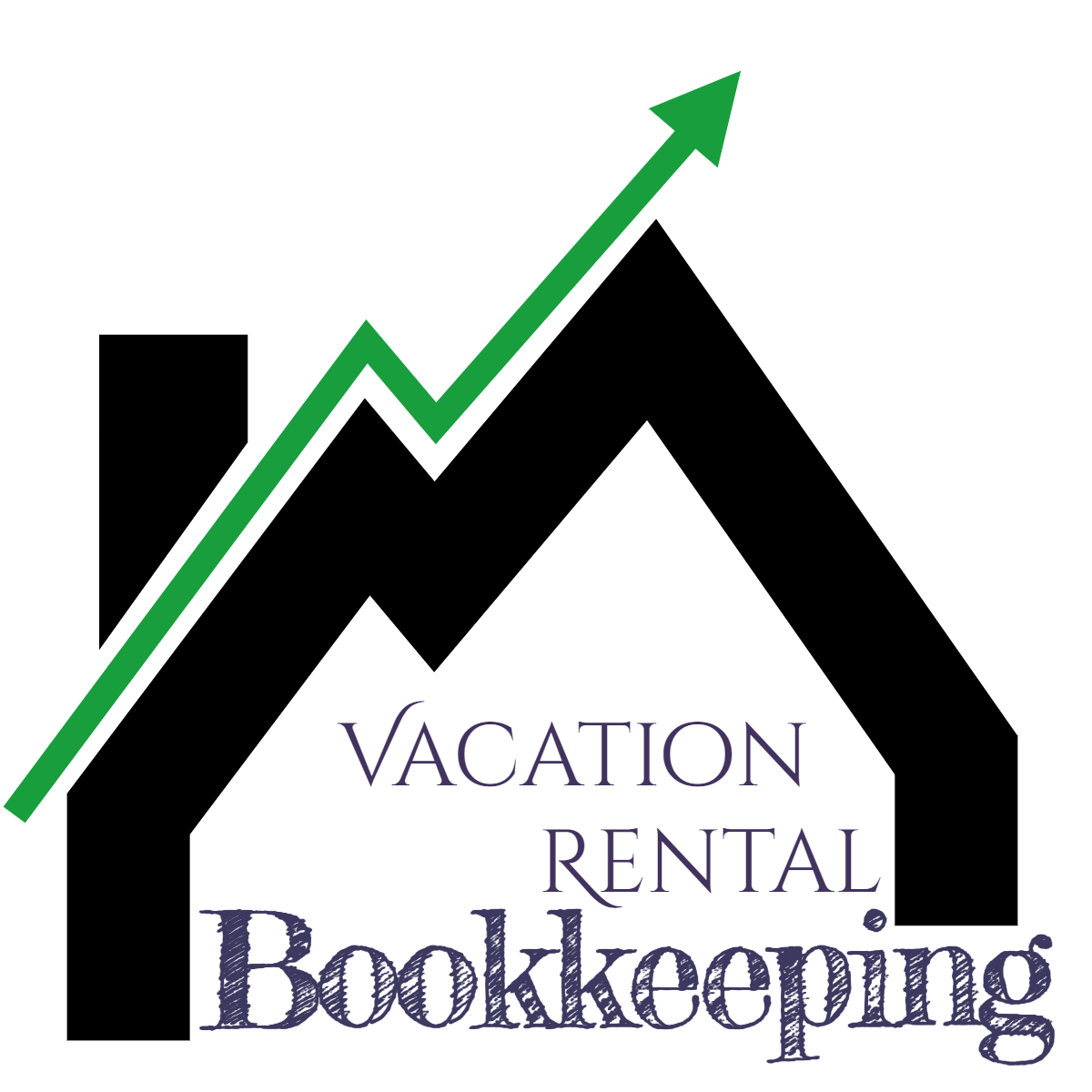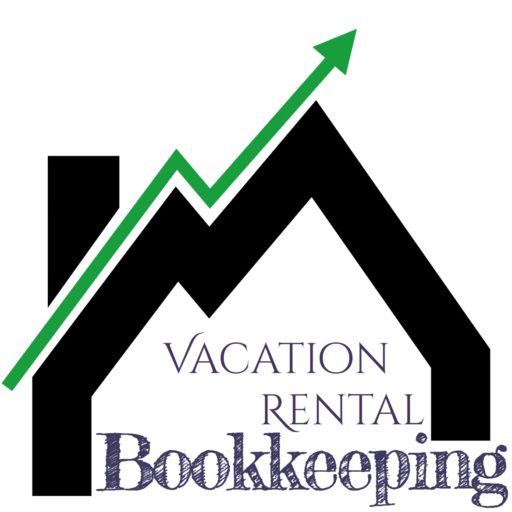Trust accounting is a system used to manage funds that a company collects and manages on behalf of someone else. Trust accounting allows a property management company to track how much money it is holding on behalf of each property owner. It helps to make sure the money is available when it is time to pay the owners, and it makes sure that property owner funds that come into the management company’s bank account are not classified as income to the company. Let’s look at some of the basics of trust accounting.
Are Short-Term Managers Required to Use Trust Accounting?
Trust accounting is regulated on a state by state basis. Many  states have specific trust accounting regulations in place for long-term property management companies. Although some states have exceptions to the trust accounting laws for short-term property managers, there are very good reasons to implement trust accounting even if it is not required. Without good trust accounting procedures in place, it can be very difficult to keep track of how much money the management company is holding in its bank account that, in fact, belongs to the property owners. “Accidentally” spending money that belongs to the property owners can be illegal and is certainly unethical. On the other hand, some managers are afraid to spend any money because they are unsure if they are spending the company’s money or the property owner’s money. Trust accounting should be used to remedy both problems.
states have specific trust accounting regulations in place for long-term property management companies. Although some states have exceptions to the trust accounting laws for short-term property managers, there are very good reasons to implement trust accounting even if it is not required. Without good trust accounting procedures in place, it can be very difficult to keep track of how much money the management company is holding in its bank account that, in fact, belongs to the property owners. “Accidentally” spending money that belongs to the property owners can be illegal and is certainly unethical. On the other hand, some managers are afraid to spend any money because they are unsure if they are spending the company’s money or the property owner’s money. Trust accounting should be used to remedy both problems.
Is a Separate Bank Account Required?

Yes. The management company should have one bank account that is solely used to receive money that does not belong to the company. This is usually called a trust account or an escrow account. Another bank account, usually called the operations account, is used for money that belongs to the management company. One of the most basic and important rules of trust accounting says that there is to be no comingling of company funds and property owner funds. Having the two bank accounts helps the management company follow this rule. On a regular basis, funds that the property owners owe to the management company are transferred from the trust account to the operations account. These funds include commissions, cleaning fees, and reimbursements for expenses that the management company paid for on behalf of the owners. When this money is transferred to the operations account, it is classified as income to the company and is then available for the company to spend. Any owner funds that remain in the trust account are paid to the owners on a regular basis, usually monthly.
What Records Need to Be Kept?
Trust account record-keeping is also regulated on a  state by state basis, but there are at least three records that are typically required. For the trust accounting system to be legitimate, these three records must always agree. The first record is the bank statement. The second is a ledger kept by the company that shows all the money going in and out of the trust account. This ledger is basically a checkbook register for the trust account. It should show the dates and amounts of any funds that are deposited or disbursed from the trust account. It should always indicate to whom deposits belong and to whom disbursements were paid. Supporting documentation for these entries should be kept on file. The third record is a set of individual ledgers for each party that has money in the trust account. In this case, each property owner would have a ledger that shows the details of funds that are deposited or disbursed on their behalf. The balance of each owner’s ledger is the amount that he or she currently has available in the trust account. The key to making everything work is to make sure all three records agree. The bank statement balance, the overall trust account register balance, and the total of all the individual owner ledger balances must all equal the same number. The process of making sure these three records agree (reconciliation) must typically be done at least monthly. If any of the records to not agree, the mistake must be located and corrected immediately.
state by state basis, but there are at least three records that are typically required. For the trust accounting system to be legitimate, these three records must always agree. The first record is the bank statement. The second is a ledger kept by the company that shows all the money going in and out of the trust account. This ledger is basically a checkbook register for the trust account. It should show the dates and amounts of any funds that are deposited or disbursed from the trust account. It should always indicate to whom deposits belong and to whom disbursements were paid. Supporting documentation for these entries should be kept on file. The third record is a set of individual ledgers for each party that has money in the trust account. In this case, each property owner would have a ledger that shows the details of funds that are deposited or disbursed on their behalf. The balance of each owner’s ledger is the amount that he or she currently has available in the trust account. The key to making everything work is to make sure all three records agree. The bank statement balance, the overall trust account register balance, and the total of all the individual owner ledger balances must all equal the same number. The process of making sure these three records agree (reconciliation) must typically be done at least monthly. If any of the records to not agree, the mistake must be located and corrected immediately.
What Expenses Can Be Paid Out of the Trust Account?
The trust account contains money that does not belong to the management company, so the written agreement between the manager and the owner would specify what the manager can spend on the owner’s behalf. If the manager has permission to spend the owner’s money on property repairs, then  a repair bill could be paid out of the trust account as long as the owner has enough money in the account to cover the bill. One of the worst mistakes that can be made would be paying a bill out of the trust account on behalf of an owner when the owner did not have enough money in the account to cover the bill. For example, if a $1000 repair bill is paid for Owner A, but Owner A only has $700 in the trust account, then the manager has just spent $300 of Owner B’s money to pay an expense for Owner A. To avoid this mistake, some managers pay all expenses out of their operations account. Then at the end of the month these expenses are deducted from the owner’s payout and transferred to the operations account to pay the company back. If the expenses are more than the owner’s payout, the owner can be sent a bill for the balance.
a repair bill could be paid out of the trust account as long as the owner has enough money in the account to cover the bill. One of the worst mistakes that can be made would be paying a bill out of the trust account on behalf of an owner when the owner did not have enough money in the account to cover the bill. For example, if a $1000 repair bill is paid for Owner A, but Owner A only has $700 in the trust account, then the manager has just spent $300 of Owner B’s money to pay an expense for Owner A. To avoid this mistake, some managers pay all expenses out of their operations account. Then at the end of the month these expenses are deducted from the owner’s payout and transferred to the operations account to pay the company back. If the expenses are more than the owner’s payout, the owner can be sent a bill for the balance.
What Expenses Should Not Be Paid Out of the Trust Account?
Management company expenses should never be  paid out of the trust account. Paying for company office supplies or software costs out of the trust account would be using the property owners’ money for the company’s benefit. Always pay the company’s bills through the operations account.
paid out of the trust account. Paying for company office supplies or software costs out of the trust account would be using the property owners’ money for the company’s benefit. Always pay the company’s bills through the operations account.
Trust accounting is an invaluable tool for a property management company. It helps the manager know that enough funds will be available when it is time to pay the owners at the end of the month. It also allows the manager to know how much of the cash in the bank belongs to owners and how much belongs to the company. Trust accounting also gives the management company credibility with the property owners. Keeping these records straight certainly can provide peace of mind to everyone involved.
Check out our new course for Vacation Rental managers HERE.
About Vacation Rental Bookkeeping
 Ryan Gallagher is a virtual bookkeeper who specializes in providing accounting services to short-term rental owners and managers. He strives to take the burden of bookkeeping off business owners as well as help them stay on top of their finances, set and meet goals, and make their rental business the best it can be. Please visit the website if Ryan can be of any help to you.
Ryan Gallagher is a virtual bookkeeper who specializes in providing accounting services to short-term rental owners and managers. He strives to take the burden of bookkeeping off business owners as well as help them stay on top of their finances, set and meet goals, and make their rental business the best it can be. Please visit the website if Ryan can be of any help to you.
